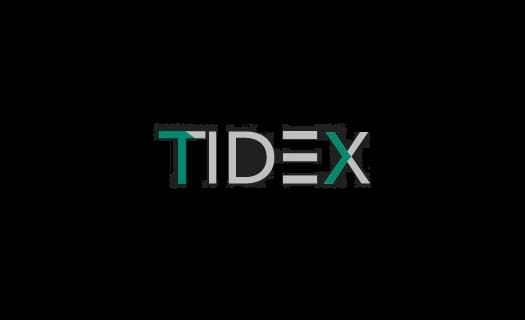Reasons Why FTX’s Mass Token Liquidation Is Unlikely to Cause Market Shocks: Report
A weekly market report by America’s largest cryptocurrency exchange, Coinbase, has outlined several reasons why the forthcoming mass token liquidation by its bankrupt rival FTX is unlikely to cause market shocks in the ecosystem.
The research report, written by Coinbase head of institutional research David Duong, disclosed that analysts at the exchange found some factors that should mitigate the risks of market shocks when the assets are eventually sold.
FTX’s Forthcoming Crypto Liquidation
On September 13, Judge John Dorsey of the U.S. Bankruptcy Court for the District of Delaware approved FTX’s motion to sell its crypto assets worth $3.4 billion, which included Solana (SOL), bitcoin (BTC), ether (ETH), Aptos (APT), and other tokens.
FTX’s top holdings are $1.16 billion in SOL, $560 million in BTC, $192 million in ETH, and $137 million in APT. The embattled firm also received approval to liquidate $1.3 billion in brokerage and government-recovered assets and $2.6 billion in debtor and non-debtor cash. Altogether, the assets to be liquidated add up to $7.3 billion.
The exchange’s request received support from the official creditors’ committee and the ad hoc committee of non-US customers as they saw the importance of de-risking the firm’s token portfolio and liquidating its holdings to maximize value for users.
Duong noted that market players reacted to the news of FTX’s plans as crypto trading volumes soared within the last week, with daily spot activity for BTC and ETH increasing by 37%. The crypto market later recovered after some selling pressure, confirming analysts’ belief that there are factors that would reduce the risks of market shocks.
Mitigating Market Shocks
Explaining why FTX’s plans are unlikely to cause market shocks, Duong revealed that the liquidations are bound by weekly sell limits of $50 million across crypto assets in the initial phase. With time, the committees representing FTX debtors would increase the value to $100 million and then a maximum limit of $200 million.
Furthermore, the committees have placed strict controls on selling some insider-affiliated tokens and would require a ten-day advance notice before they are liquidated. FTX will also be able to hedge its sales of debtor-identified assets like BTC and ETH through an investment advisor.
In addition, a huge part of FTX’s SOL holdings will remain locked until 2025 due to the asset’s vesting schedule. This also applies to some other tokens that are up for sale.
The post Reasons Why FTX’s Mass Token Liquidation Is Unlikely to Cause Market Shocks: Report appeared first on CryptoPotato.









